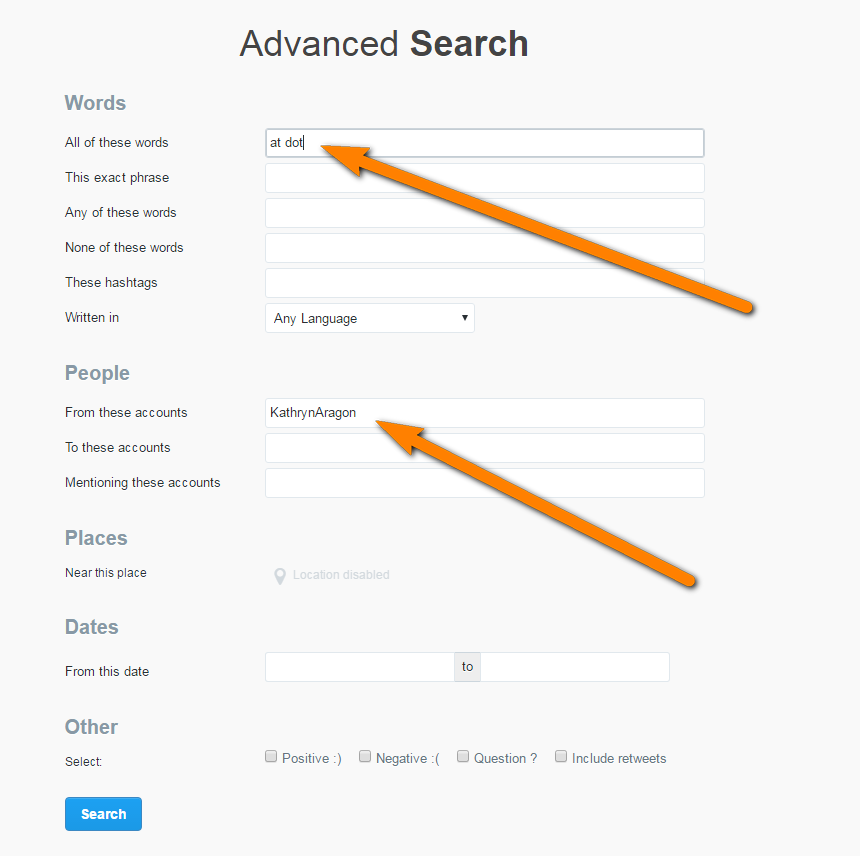
If the person is not active online, or your Google search doesn’t reveal valuable information, you might as well try Bing or any other search engine to see if you can bring up more results. This will tell Google that you’re only looking for exact matches. If you search for the person by name, you might want to put quotation marks around the person’s name.

Just type the person’s name, phone number, college, workplace, and any other useful information along with address into the search bar to see what comes up.

So if you haven’t already tried Googling the person, it’s definitely worth a shot. If the person has ever posted his/her contact info on a personal blog, social media, or any forum, Google is very likely to pick up the web page. There is a lot of information floating around on the internet. This might give you a better chance of tracking down the person. Having a notebook handy to keep track of what you find on the person, as you’ll likely need multiple sources to gather enough information, and keeping all information logged in one place. If you’re looking for an old friend who drifted apart, try reaching out to people that you both knew in common – a mutual friend, the person’s family members, or business associates who might know the person’s whereabouts. If you want the full background report, you’ll need to pay for either the membership or trial. Unlike most reverse lookup tools, PeopleFinders will give you a few details of the search result for free, such as the person’s age, family members, and the first few digits of his/her phone number. The tool will then scour its database, compiling as much information as possible about the person in seconds.


To look up someone’s address information, just go to PeopleFinders, select the type of search you want, then type the information in the search field, and click Search. It has one of the most comprehensive collections of public records data, allowing you to track anyone online. PeopleFinders is a leading date service provider.


 0 kommentar(er)
0 kommentar(er)
